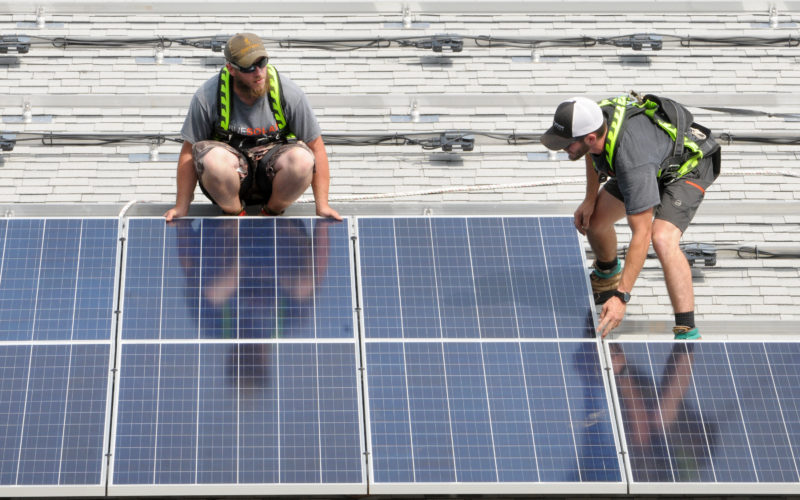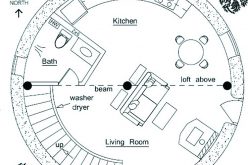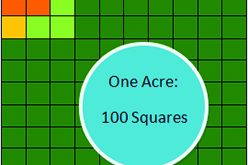Changes to lifestyle not as easy as one might think
AMANDA BANCROFT
Making Ripples
The realities of off-grid living do not always match the fantasies. Whether you need to be off-grid by necessity, or desire this lifestyle by choice, there are a few things not printed on labels or shown on television.
If you are so inclined, living off-grid legally is a legitimate thing that people actually do. However, such people have learned the codes and laws pertaining to their home site, which can be simple or complex, impossible or convenient. When we see television shows and news reports on social media about people living alternative lifestyles who are “losing their freedom” because of authorities condemning their house or evicting them, the subtext is almost always that the owners knowingly or in ignorance broke one or more laws. Don’t be discouraged by victim stories that don’t go into much detail. You can go off-grid as long as you find a location that allows the kind of systems you desire owning. (This in itself can be prohibitive, though.)
For those who want to use a commercial composting toilet, they offer convenience and sometimes meet the Department of Health requirements. But be aware of the ways these expensive toilets can break: crank handles can snap, mechanical bucket turntables can cease turning, vent fans and fuses can suddenly need replaced, and flies (with maggots) can still be a problem even in a fully functioning toilet. Have a plan for where you can safely compost waste and (if applicable) divert urine, and also create a troubleshooting resource for all the parts of your model which could stop working. It’s also good to have an emergency bucket on hand, like the Luggable Loo for camping, in case the toilet stops working on short notice. Be warned that urine in the Loo adds a lot of volume and odor over less than a week’s time.
Constraints on electricity usage may affect your ability to cook because systems that run on solar panels rely on sunshine. Any number of brands or DIY solar cookers are great for sunny days, but for bad weather and heavy cloud cover, you might want to have raw produce, snacks and packaged foods available. You might have plenty of electricity to run household appliances like the refrigerator, but not enough for the stove, so flexible meal planning is required. A generator is a good backup in case of an emergency involving the electricity, but did you know that generators can’t sit outside exposed to sun and weather? Many people use propane and solar or wind combined, but not everyone can have a mixed system.
Off-grid rainwater harvesting systems can be difficult to maintain. Be sure that the cistern you get doesn’t unnecessarily complicate your life. According to Art Ludwig, author of many books involving water storage and gray-water system installation, the cistern needs to be cleanable. If your drain is the same as the outlet and inlet, and the cistern isn’t able to be easily accessed or is so open as to pose safety and health concerns, these issues should be addressed sooner rather than later. As sediment builds up in the cistern, it can be sucked up into the plumbing for the house. Consider all access points. Have gallons of emergency drinking water on hand at all times, and replace them at regular intervals. Learn how to test the water to ensure it’s safe to use.
Hopefully, your own unique journey will be smooth sailing! But if not, maybe these behind-the-scenes tips will help you avoid any accidents or inconveniences.
Amanda Bancroft is a writer, artist and naturalist living in an off-grid tiny house on Kessler Mountain. She and her husband Ryan blog about their adventures and offer tips to those wanting to make a difference at www.MakeRipples.org.










